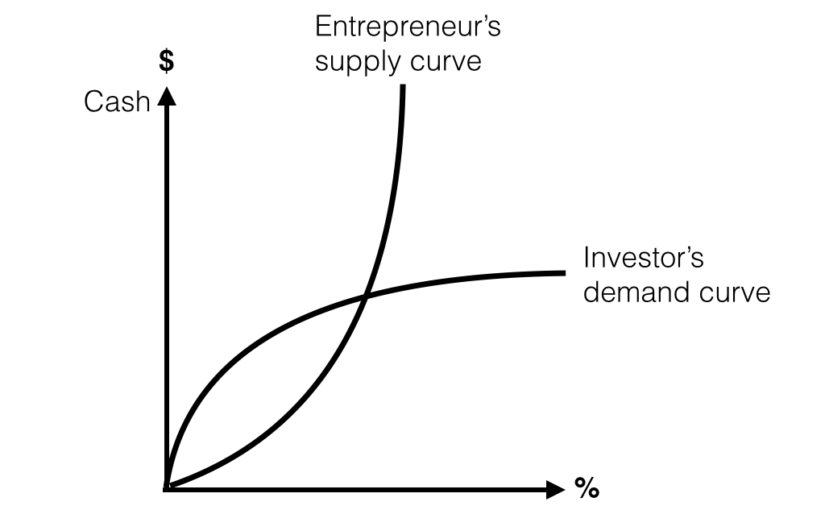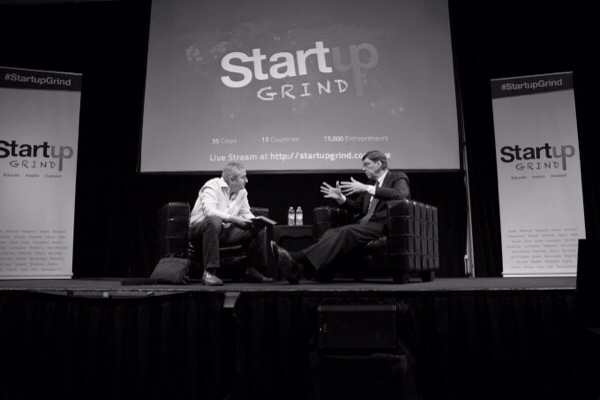I vehemently disagree with a lot of this article, but it’s so well written that I just had to share it. Murad Ahmed from the Financial Times neatly captures the changes that are happening in the London startup scene and the increase in angel investing and venture capital in Europe.
For 4 years I lived through the heyday of this boom in UK startup funding. But my experience was that to go along with the increase in investors, there has been a corresponding increase in startups so that the two have balanced each other out. The good startups that get funded by good investors are still dedicated, hardworking and humble.
I’ve reproduced the article from the Financial Times site below because the article is so important as a record of a certain time in London’s startup scene and it would be a shame to lose it. You can see the original article, if it’s still visible on the FT site.
Enter FT journalist Murad Ahmed…
Continue reading The Moral Hazard Created by Abundant Startup Funds





